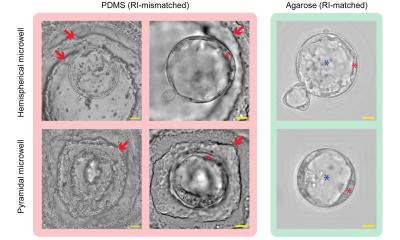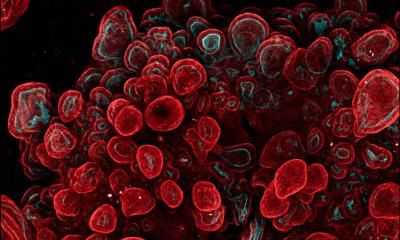Lab-cultured cardiac cells
Three types of human heart cells have been grown from cultures derived from embryonic stem cells, by a team of Canadian, US and UK scientists.
During the research, when a mix of the cells was transplanted into mice with simulated heart disease, the animals’ heart function was significantly improved, according to research published in the journal Nature.
The embryonic stem cell cultures were carefully supplied with a staged cocktail of growth factors and other molecules involved in development, and grew into immature versions of cardiomyocytes, endothelial cells and vascular smooth muscle cells, each important constituents of heart muscle. ‘This development means that we can efficiently and accurately make different types of human heart cells for use in both basic and clinical research, said researcher Dr Gordon Keller, of the McEwen Centre for Regenerative Medicine in Toronto. ‘The immediate impact of this is significant, as we now have an unlimited supply of these cells to study how they develop, how they function and how they respond to different drugs. In the future, the cells may also be very effective in developing new strategies for repairing damaged hearts, following a heart attack.’
30.04.2008











